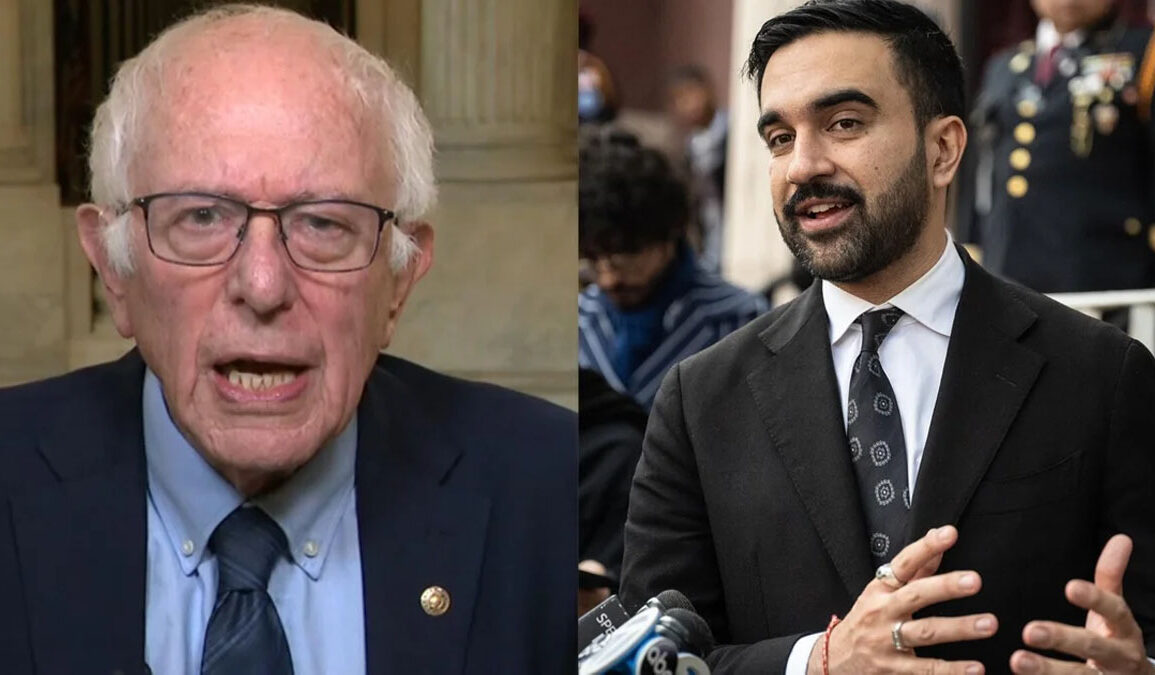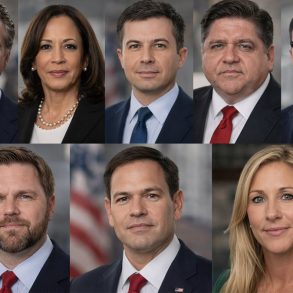Senator Bernie Sanders did not mince words after the election. He walked into a news conference led by Senator Chuck Schumer and said party leaders failed to back Zohran Mamdani in New York and Graham Platner in Maine. “The party leadership did not support Mamdani in New York,” Sanders said from the Senate podium. He argued that top Democrats were “defending the status quo and the inequalities that exist in America,” and insisted that “there is a growing understanding that leadership… is not where the American people are.” Mamdani, a democratic socialist, went on to win the New York City mayor’s race, a result that Sanders said should send a message well beyond the five boroughs.
Sanders’ expectation was basic. He wanted the party to honor the primary’s outcome and rally behind its nominee. At a CNN town hall with Representative Alexandria Ocasio-Cortez, he praised Mamdani’s organizing muscle and asked why party leaders would hesitate. “The guy is running an extraordinary campaign,” he said. “He has something like 80,000 volunteers knocking on doors. He is bringing people out who never voted.” Ocasio-Cortez added a standard she believes should apply everywhere. “Democrats have primaries for a reason,” she said. “I believe in endorsing the nominee of the party after a primary has resolved itself.” When asked if he was speaking directly to Hakeem Jeffries and Chuck Schumer, Sanders replied, “Sure, I am. Hakeem, you watching this?”
Why Sanders Is Upset With Democrats
For Sanders, the issue is not only one race. He says national leaders have drifted from the party’s working-class roots and allow big donors and consultants to set priorities. In his words, “There is little doubt in my mind that the Democratic leadership is way out of touch with where the American people are at.” He criticized top Democrats who “refused to endorse Mamdani after the primary, or provided half-hearted support at best,” and argued, “Their allegiance primarily is to the money interest, to the consultant class, and not to working families.” He believes this disconnect leaves voters who want change feeling ignored.
Sanders treats Mamdani’s victory as proof that a grassroots strategy can beat concentrated money. “People want real change,” he told The Nation, and a “strong victory on the part of Mamdani… will inspire people all across our country to fight for that change.” He highlighted the campaign’s scale and focus on affordability. “What I love about the Mamdani campaign… is that he has some 80,000 volunteers knocking on doors and doing everything that has to be done to win,” Sanders said. If Mamdani governs well, he added, “the understanding will spread all over the country that working people can have representatives and mayors who stand for them.”
The Oligarchy Frame: What Sanders Means
Sanders has spent the year on a “Fighting Oligarchy” tour and has pressed the same theme in interviews and opinion pieces. He argues the United States is sliding into a system run by billionaires. “We are moving rapidly into an oligarchic form of society,” he said. “Never before in American history have so few billionaires… had so much wealth and so much power.” He ties this to campaign finance, media influence, and policymaking that he says favors the wealthy. He warns that a small number of donors can pour money into elections to buy outcomes, noting that “in 2024, just 150 billionaire families spent nearly $2 billion to purchase candidates.”
Who Are These “Oligarchs”?
When Sanders talks about oligarchs, he means billionaires and aligned interests in finance, tech, and real estate who use their wealth to shape politics and markets. He described New York donors opposed to Mamdani as unusually blunt. “These billionaires are saying: ‘we’ve got to do everything we can to stop him,’” he said. He claimed they were “on the front page” declaring, “We can’t have a democratic socialist as mayor.” To Sanders, that is oligarchs “saying, ‘To hell with what the people want.’” He also points to national figures with outsized sway. “You got Mr. Musk able to contribute 270 million to elect Donald Trump,” he said, and he argues that “Democratic billionaires” also play a powerful role.
Sanders’ critique is specific and wide ranging. He says oligarchs fund campaigns to win tax breaks, to weaken unions, and to block regulation in areas such as artificial intelligence. He connects this to daily hardship for families. “There is growing disgust at income and wealth disparity,” he said, along with “a healthcare system which is virtually collapsing” and “kids in the wealthiest nation on earth” who may “have a standard of living that is lower than their parents’.” He argues that concentrated wealth “likes authoritarianism,” because leaders who centralize power make it easier to strip away checks that protect workers and consumers. In that climate, he says, “our job is to create an economy and a political system that works for working people, not just billionaires.”
Schumer’s Response
Schumer used the same news conference to deliver a different message aimed at Republicans during the shutdown. “Last night, Republicans felt the political repercussions,” he said. “It should serve as nothing short of a five-alarm fire.” He argued it had been “a really good night for Democrats and our fight to lower costs, improve health care and reach a better future,” and urged President Trump to “sit down with [Democrats] to discuss healthcare issues.” Sanders did not dispute the shutdown focus, but he used the moment to press party leaders on their own house, saying leaders should back nominees like Mamdani and stop treating grassroots campaigns as liabilities.
Sanders says the next test is governing. He believes that if Mamdani “shows that a mayor that stands with the working class… can in fact successfully govern and improve life for working-class people,” it will strengthen a national movement that focuses on affordability and democratic accountability. He links that outcome to a larger mission. “People are tired of the greed of the oligarchs,” he said. “Enough is enough. Let’s elect somebody who’s going to represent us and not just the 1 percent.”
NP Editor: Bernie desperately wanted to lead the socialist revolution in the U.S. He failed. Now he sees Mamdani and AOC and is trying to make himself relevant again. I honestly think he is energized by this. But it remains to be seen whether the new socialists will a) grow in power, and b) include Bernie before he has to retire.








